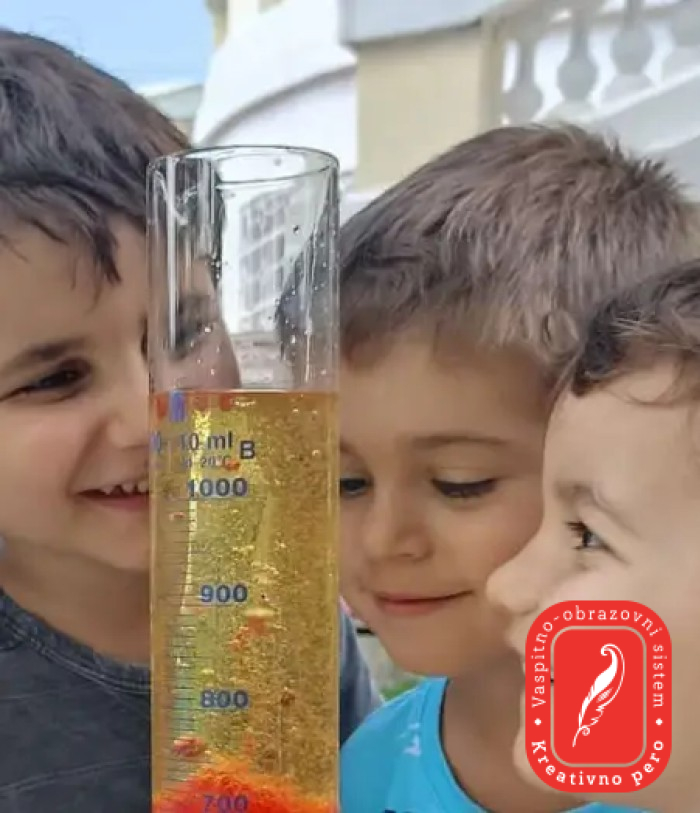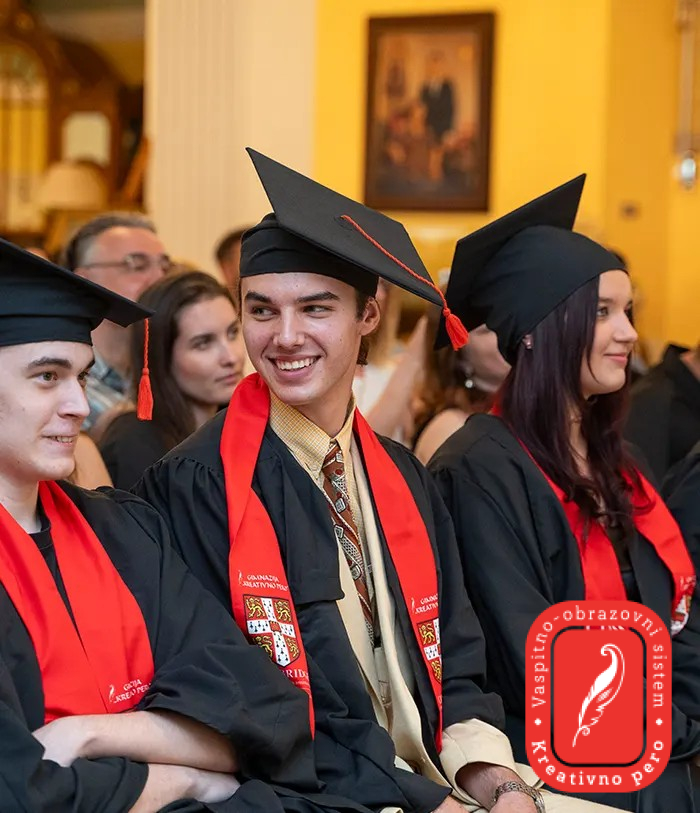Kreativno pero Secondary school applies motivational assessment with the aim of encouraging learning and developing internal motivation, which is the key trigger of the desire for learning. With the use of various monitoring methods and techniques, students, parents and teachers receive information about achievement and progress, which enables an individualized approach and appropriate support for each student. The Cambridge International Examination System includes both internal and external testing to track progress. This means that experts from the Cambridge International System prepare and evaluate external tests in the second and fourth grade of secondary school in Mathematics, Science and English, as well as French or German.
Our team, consisting of psychologists and pedagogist, monitors students, which includes testing and evaluation of their cognitive, social, emotional and motor maturity in order to ensure optimal conditions for developing all potentials and provide appropriate support.
Parents can track their children's progress during the school year through written reports on the student's progress, which they receive at the end of the first and third grading periods, as well as Cambridge reports, which they receive at the end of the school year. In these reports, in addition to the academic progress, parents are also informed about all aspects of their child’s development including socialization, work habits, interests and motivation to learn.
Research on the opinion of parents and students about the quality of work of the teaching staff and the institution is carried out with the aim of improving the quality of the educational process. Parents and students of our secondary school complete online surveys, and the results are used for preparation of the strategies and development of educational programmes.





